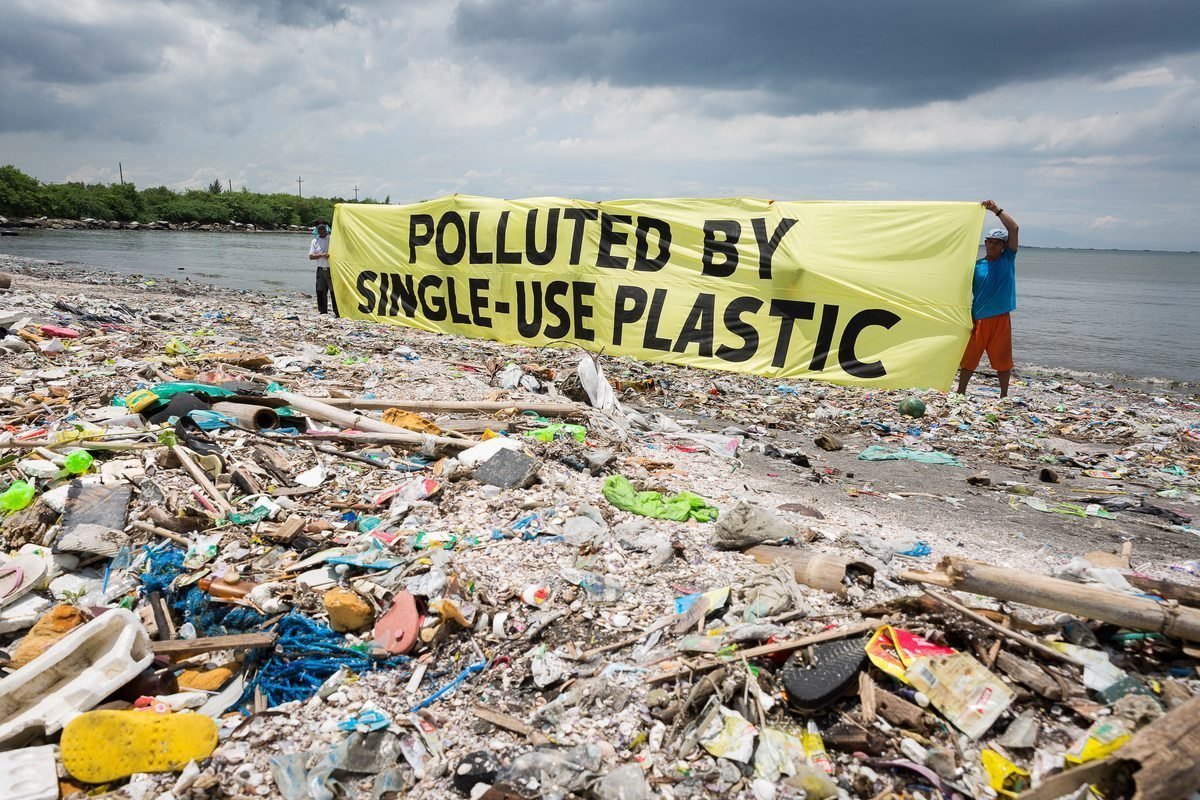

By Jose Kalathil
First publised on 2021-06-09 02:28:05
Today, on World Oceans Day, the United Nations Economic and Social Commission for Asia and the Pacific (ESCAP) and partners have launched an e-learning course to help reduce the impact of plastic pollution. As part of the Closing the Loop project, the course, entitled Cities and Marine Plastic Pollution: Building a Circular Economy, demonstrates state-of-the-art technologies and techniques that can measure and monitor plastic waste in urban and marine environments. The course is available as an open-source knowledge product for anyone who wants to learn more about taking measures to ensure clear waters for future generations.
"The vision of ESCAP is to engage all sectors, particularly academia and the scientific community, to support the development of the science we need for the oceans we want," said Armida Salsiah Alisjahbana, United Nations Under-Secretary-General and Executive Secretary of ESCAP in Bangkok. "Collaborate, starting with linking to the Closing the Loop project. If you have a solution or technology to prevent and manage plastic pollution, we want to talk to you."
Ensuring that the course considers multiple vantage points, it has been co-developed with ten global partners, including Women in Informal Employment: Globalizing and Organizing (WIEGO) and the Ocean Conservancy. Closing the Loop also works with several Japanese agencies including the Institute for Global Studies (IGES) and is supported by the Government of Japan as part of its effort to realize the Osaka Blue Ocean Vision. This platform, developed at the G20 summit in Osaka in 2019, aims to bring marine plastic litter to zero by 2050.
"Plastic marine litter is one of today's most serious emerging issues and without any countermeasures, the amount of plastic waste in the ocean will outweigh fish by 2050, posing a threat to the environment and our way of life," said Kazuya Nashida, Ambassador of Japan in Thailand. "It is said that the COVID-19 pandemic has increased pollution from disposable products, such as plastic face masks and hand sanitizer bottles. To counteract this, we must work together to identify sources and pathways to reduce the environmental impact of plastic waste."
The eLearning course content is focused on Closing the Loop's digital tool kit which is being developed with partners using innovations like artificial intelligence (AI), satellites, drones and machine learning to measure and monitor plastic waste in urban waterways. This technology can pinpoint the 'source to sea' movement of how plastic leaks into the marine environment from cities and help shape effective action plans to put an end to it for good.
The toolkit includes a virtual map of ocean-bound plastics using artificial intelligence, a plastic pollution calculator that identifies plastic leakage 'hotspots' and a data platform to share knowledge. These technologies can be adapted for different cities or communities, and the aim is for these resources to be widely used to track and reduce marine plastic waste. These tools and the eLearning course have been developed with partners like The International Solid Waste Association (ISWA), Marine Litter Task Force, the University of Leeds, Plymouth Marine Lab and Japan Space Systems.
pic courtesy: Greenpeace USA











